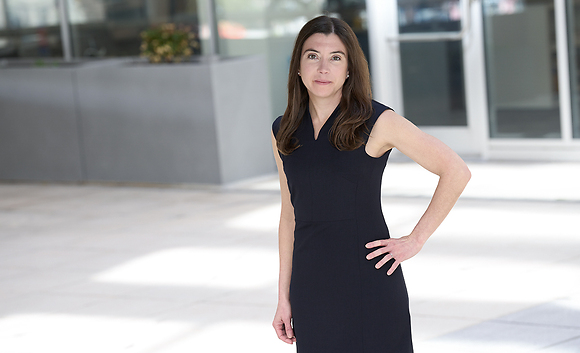Elizabeth Stevens and Peter Barnes Speak to Law360 on OECD Guidance on COVID-19
As the Organization for Economic Cooperation and Development works to draft transfer pricing guidance for companies dealing with the effects of COVID-19, tax specialists hope the organization will consider the need for both flexibility and speed.
. . .
Aid could take the form of cash granted to keep employees on the payroll, a loan under the U.S. Payroll Protection Program — which may or may not be repaid — or a contract under the U.S. Defense Production Act, Elizabeth Stevens of Caplin & Drysdale noted.
In the last case, she said, the government may contract with a company whose production line would otherwise have shut down to produce something in high demand during the pandemic, such as hand sanitizer. It's not clear how this would show up in a company's profit and loss statement, she said.
"Maybe you have costs that you didn't expect, and you were counting on furloughing your employees," Stevens said. Now the company is paying its employees, she said, but it also has revenue it didn't expect.
"If you're a manufacturer, typically you have very high fixed costs, and you would have incurred those regardless," she said. "Now you've got revenue to cover more of your fixed costs."
The OECD will need to consider the various ways this support could be reflected in companies' financial statements and "provide some directional guidance about whether this could be the sort of thing you need to adjust for," Stevens said.
. . .
Stevens echoed that concern. Some governments are willing to give companies money to pay their employees, but "they've said, 'Thou shalt not pass that through to thy related party'" in another jurisdiction, she said.
. . .
Even for companies that have contractually limited the risk they bear, it wouldn't be appropriate to hold them, in 2020, to the standards of profitability set by the last three years, Stevens said.
Unlike, for example, warranty risk or litigation risk, "this is not the sort of risk that unrelated parties allocate by contract," she said. "Most contracts do not allocate the risk of a more-than-year-long global pandemic in which governments shut down your entire supply chain."
By the same token, companies shouldn't attempt to game the system by using 2020 data to argue for low profits in future years, said Peter Barnes, a professor of tax at the Duke University School of Law who is of counsel at Caplin & Drysdale.
"When we get to 2022 or 2023, I don't think a taxpayer can say, 'My 2020 and 2021 profitability was zero and so now I'm OK,'" he said. "In all these situations where you've got non-normal results, the OECD can and should say, 'You've got to look at what's real and you can't use the past two or three years either to help you or condemn you.'"
One way to reflect the current reality would be to use a past economic downturn, such as the financial crisis of 2008 and 2009, as a guide, Stevens said.
"This is a crisis like no other, but there are past time periods that have some similarities, so you could study that data and use it to inform adjustments to the last three years of data," she said.
One could examine how a company's results changed from 2006-07 to 2008-09, and perhaps "develop a relationship between the rate of change and some broader macroeconomic variables," Stevens said.
To view the full article, please visit Law360's website (subscription required).
Attorneys
- Of Counsel
- Member

